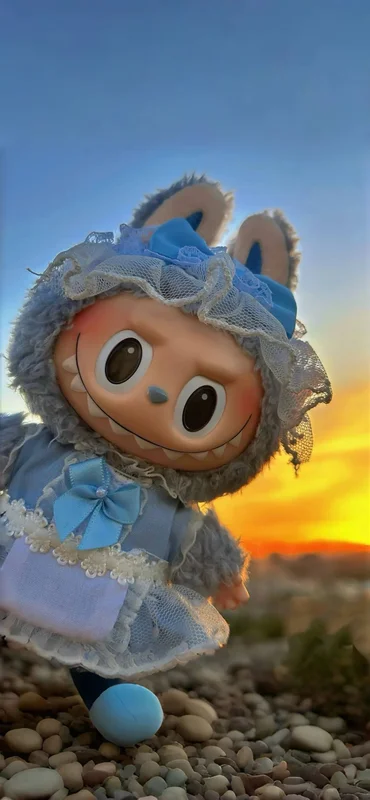The title "Labubu's Sunset Serenade in Blue" can be translated into Japanese as: **ラブブの青の夕暮れのセレナーデ** (Rabubu no Ao no Yūgure no Serenāde) Here’s the breakdown: - **Labubu** (ラブブ): The name remains the same in katakana. - **Sunset** (夕暮れ / Yūgure): Refers to the time of day when the sun sets. - **Serenade** (セレナーデ / Serenāde): Borrowed from English, written in katakana. - **In Blue** (青の / Ao no): Indicates the color or mood of the scene. This translation maintains the poetic and artistic feel of the original title.
モバイルブルーその他
青い服を着た、風変わりなラブブのぬいぐるみが、夕日を眺めています。
その他の壁紙

Labubuの爽やかな夏のフロートデザート (Labubu no sawayaka na natsu no furōto dezāto) This title conveys the idea of Labubu enjoying a refreshing summer float dessert, with "爽やかな" (sawayaka) meaning "refreshing," "夏の" (natsu no) meaning "summer," and "フロートデザート" (furōto dezāto) meaning "float dessert."

Here’s the translation of the title into Japanese: **「いたずらな眼差しの赤いリボンラブブ」** (Romaji: *Itazura na Manazashi no Akai Ribon Rabubu*) Breakdown: - いたずらな (Itazura na) = Mischievous - 眼差し (Manazashi) = Gaze - 赤い (Akai) = Red - リボン (Ribon) = Bow - ラブブ (Rabubu) = Labubu This translation captures the essence of the title while maintaining a natural flow in Japanese.
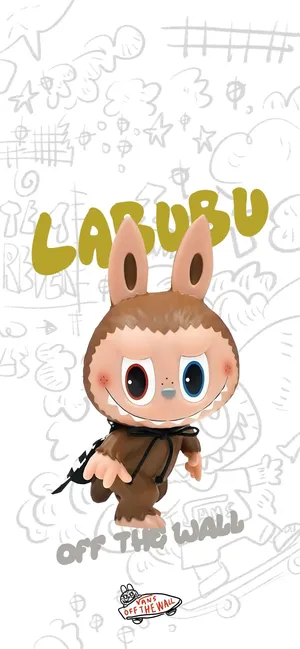
Labubu's Off the Wall Adventure

Labubu's Forest Adventure Wallpaper 1
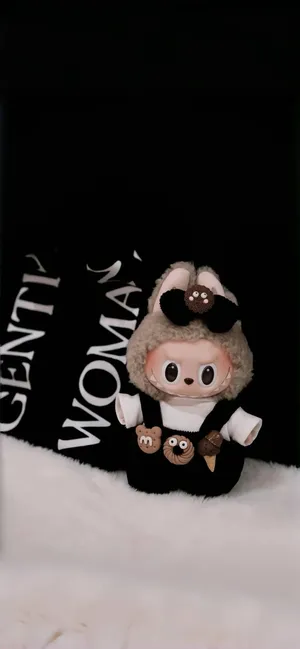
Labubu's Black Outfit with Sweet Accessories

ラブビーのビーチデイ:砂の城と太陽 (Labubi no Bīchi Dei: Suna no Shiro to Taiyō)
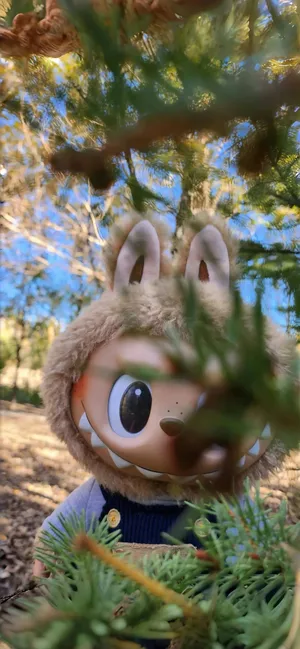
The title "Labubu's Forest Peek-a-Boo" can be translated into Japanese as: **ラブブの森のかくれんぼ** (Rabubu no Mori no Kakurenbo) Here’s the breakdown: - **ラブブ (Rabubu)**: Labubu - **森 (Mori)**: Forest - **かくれんぼ (Kakurenbo)**: Peek-a-Boo or Hide-and-Seek This translation keeps the playful and whimsical tone of the original title!

不気味なバニー・ラブブと滴る甘いクリーム (Fukimi na Banī Rabubu to Shitataru Amai Kurīmu) This title combines the eerie "spooky" element with the cute "bunny" and "Labubu" (a popular character), along with the sensory detail of "dripping sweet cream."
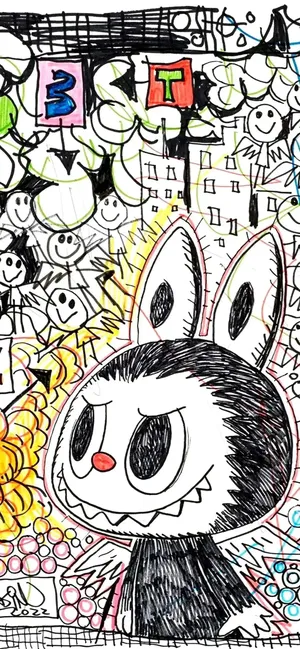
The title "Grinning Rabbit's Urban Dreamscape" can be translated into Japanese as: **「にっこりウサギの都会の夢景色」** (Nikkori Usagi no Tokai no Yumegeshiki) Here’s the breakdown: - **Grinning Rabbit**: にっこりウサギ (Nikkori Usagi) - **Urban**: 都会の (Tokai no) - **Dreamscape**: 夢景色 (Yumegeshiki) This translation maintains the whimsical and imaginative tone of the original title.

Labubu's Sunny Garden Adventure with Butterfly

The title "Grinning Labubu Lion Costume Wallpaper" can be translated into Japanese as: **「笑顔のラブブライオン衣装の壁紙」** (えがおのラブブライオンいしょうのかべがみ / Egao no Labubu Lion Ishō no Kabe-gami) Let me know if you'd like further adjustments! 😊

The title "Supreme Bunny Labubu Feeling Anxious" can be translated into Japanese as: **「至高のバニーラブブ、不安を感じる」** (Supreme no Banī Rabubu, Fuan o Kanjiru) Here’s the breakdown: - **Supreme Bunny Labubu** = 至高のバニーラブブ (Shikō no Banī Rabubu) - **Feeling Anxious** = 不安を感じる (Fuan o Kanjiru) This translation maintains the essence of the original title while adapting it naturally into Japanese.
その他の商品
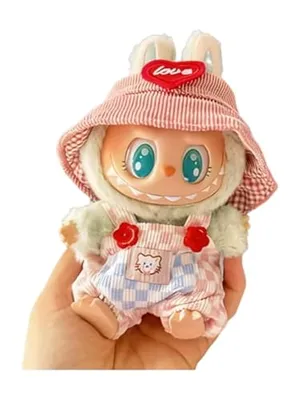
Labub 服, Abubu 服, Abubu アクセサリー, Labub ドール服, Labub ドールアクセサリー
$17.90

JHTVGIUZ Cartoon image keychain, cute doll pendant, collectible keychain, modern home decoration (Pink)
$14.98
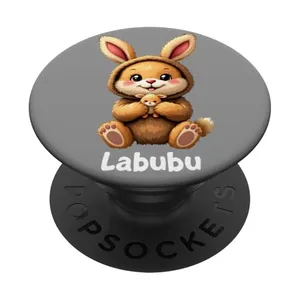
Labubu Cute Funny Monsters Brown Labubu PopSockets Adhesive PopGrip
$11.99
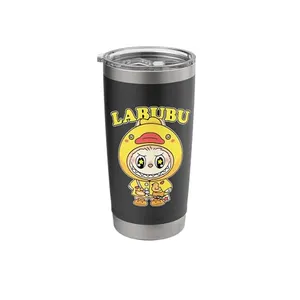
Duck Labubu Lover キュート Labubu The Monsters クリスマス 女性用 ステンレススチール 断熱タンブラー
$21.99

Labubu 誕生日パーティーデコレーション マカロンパーティー 誕生日バナー 飾りフラッグ カップケーキ ラテックスバルーン パーティー招待状 デコレーション用品
$15.99

ラブブ 靴、ラブブドール用服、ラブブぬいぐるみ用服、ラブブアクセサリー、Abub服、abubuアクセサリー、ラブブドール服、ラブブドールアクセサリー
$9.00
